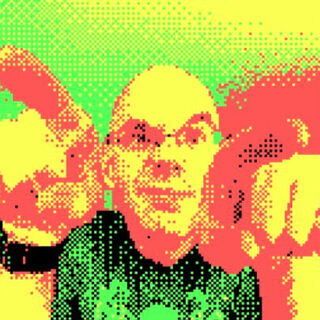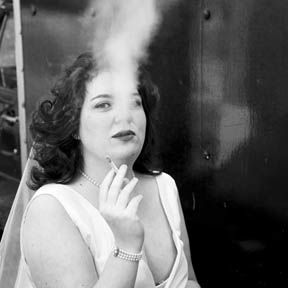 The Planet Þórunn
6/3 '22
The Planet Þórunn
6/3 '22
ÞÓRUNN is home to a coldly predatory society with a combination of military strength and economic power. Þórunners frequently raid interstellar traders and poorly-defended outposts. These pirates of the space lanes do not conceal their origins, but sport badges with the logos of their sponsoring corporation. According to Þórunning Law, all plundered assets become the property of said financial institution as soon as they are returned to Þórunn itself. At this point there are usually bribes to be paid to influential off-world interests who might otherwise be inclined to reappropriate the stolen property. Anyone not dissuaded from that course of action must face the massive energy weapons mounted on each Þórunner vault. These are advertised by colorful beams aimed into the sky, inviting challengers to take their best shot at attacking Þórunn.




You could really be a Þórunner baby if you just had a half a chance